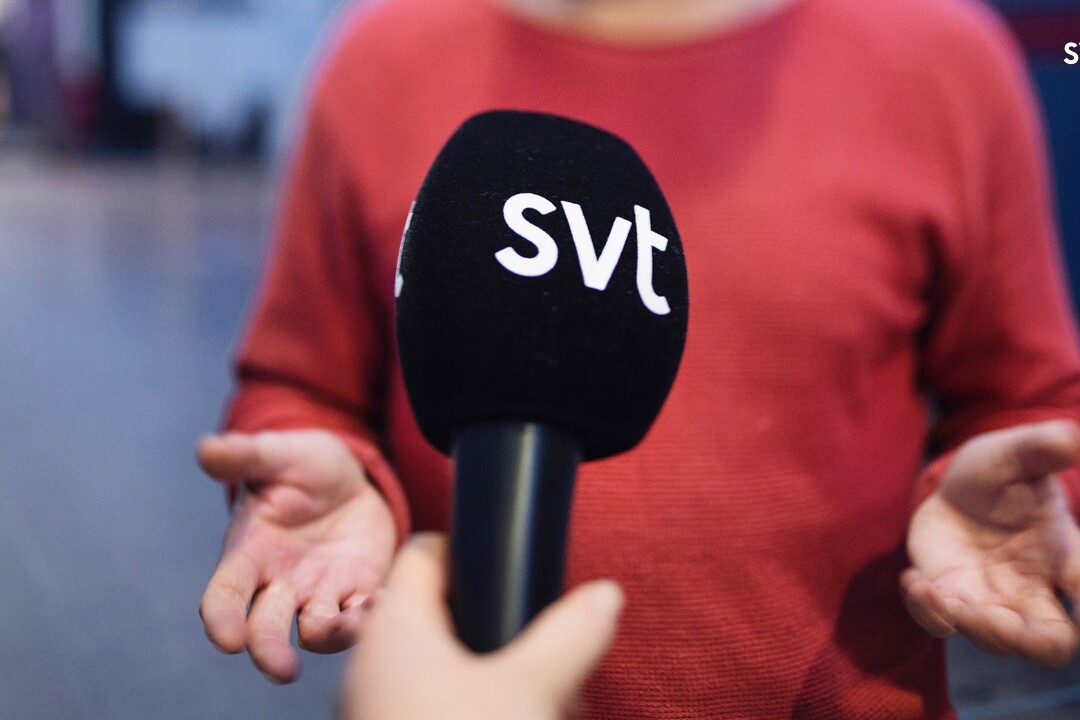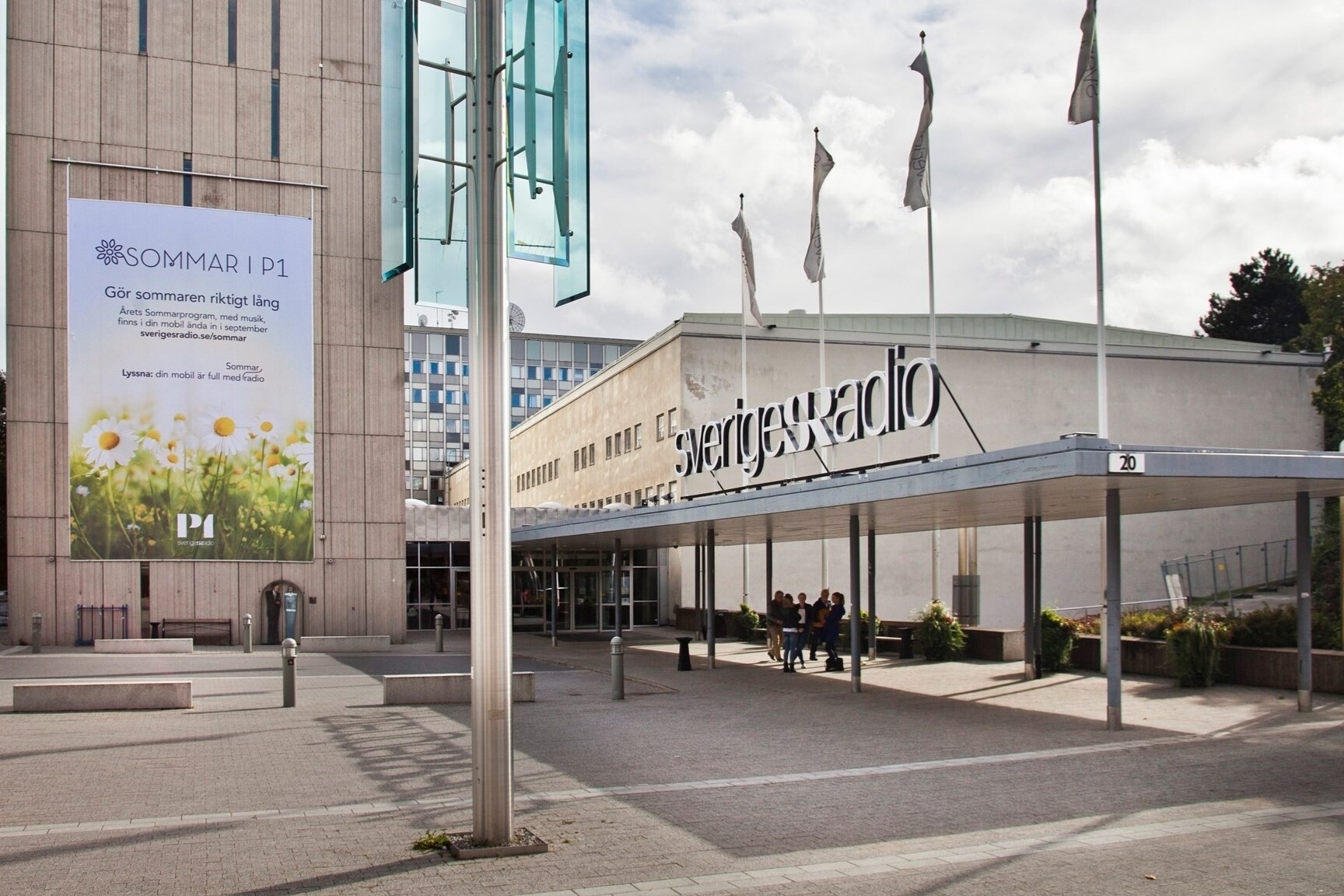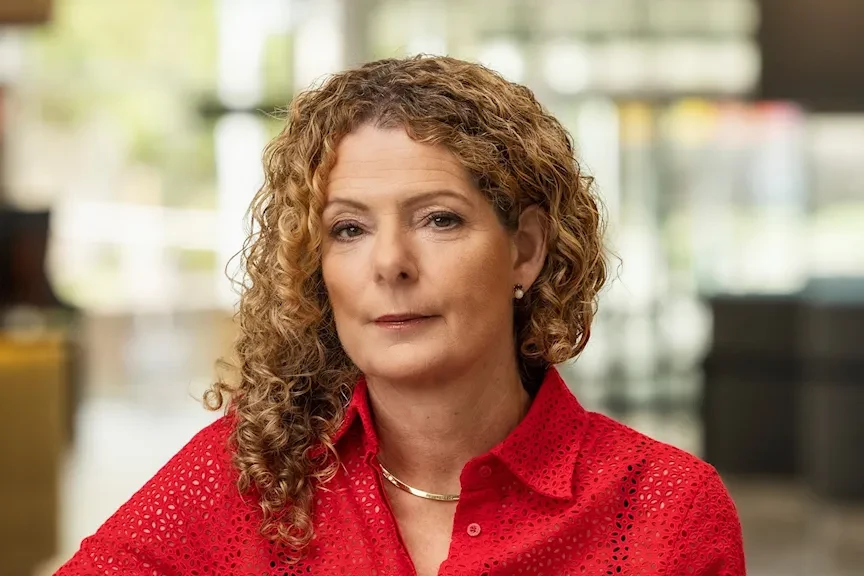Swedish public media feeling financial and political pressures
21st December 2023
Swedish Radio and Swedish Television have announced important changes due to new savings plans, while political scrutiny of public media rises.

– By Charlotte Pion
IN BRIEF:
- Content will be impacted by the saving plans of Swedish Radio, as some programmes were put to an end.
- Swedish public media organisations announced that there will be restructures and downsizing of the staff.
IN FULL:
Swedish Radio (SR) and Swedish Television (SVT) have laid out their saving plans while a debate about merging the two organisations continues between media experts. It comes amid the governmental investigation into public media in Sweden.
The investigation is a regular process of reviewing and renewing the broadcasting licences for the public broadcasters, which will run for eight years, from 2026-33. The review provides the government with a mechanism to inform the potential direction of the country’s public service media.
Striking a balance during financial challenges
In September 2023, Swedish Radio announced an important saving plan, as the country faced among the highest inflation rates in 30 years, impacting costs across many aspects of the business.
In a statement, the CEO of Swedish Radio Cilla Benkö informed that important budget cuts had to be made to save up to 250 million SEK (€25 million).
Read more: Swedish Radio to save 200-250m SEK
SR’s content offering has since changed, although not without a reaction from audiences concerned by the discontinuation of certain programmes.
Cajsa Lindberg, Deputy Programme Director responsible for SR’s content offer, stressed that changes in programming is something that happened every year, except that this year, they had to change and reduce their offer at a higher pace. The goal of SR in the last few months was to analyse the entire programme offering in order to reduce it where possible while still creating opportunities to strengthen other areas, such as their digital offer.
Striking a balance was imperative, she said. “In short, it means that Swedish Radio should offer the audience the best company in live radio with continuous updates and in-depth information, together with innovative podcasts and completely unmissable news content that connects the truly local with the major global events around the world. Our linear content is still a high priority, but in an increasingly digital and global market, it must be able to face a completely different competitive environment.”
On top of that, to avoid further cutbacks and to maintain their quality offer, SR requested an increase of 3.5% for the next annual budget in 2026.
SVT faces similar issues due to increased production costs and a sharp rise in security and preparedness costs. As a result, SVT planned to save 400 million SEK (€40 million), with staff reductions of up to 80 positions, including a measure to relocate 70% of their staff to smaller premises by the end of the year.
Despite its extensive saving plan, SVT announced they were making significant investments in their journalism, especially in fact-checking, and initiatives to better inform younger generations on the different conflicts taking place in the world, and in science programming to fight conspiracy theories.
Subscribe toour newsletter
Keep updated with the latest public
media news from around the world
Political scrutiny
Besides being under the scrutiny of the government through the investigation into the renewal of broadcasting licences, Swedish public service media could be impacted by the new appointment of the Förvaltningsstiftelse’s (or Management Foundation) new CEO.
This institution is the highest body for managing public services, acting as a buffer between the government and the public broadcasters. Its Chairman is appointed by the government. One of the most important roles of the Management Foundation is to appoint the board for public service media, who then appoint the CEO of each broadcasting company. Starting next year, Caroline af Ugglas, a former vice president and head of shares at Skandia, with a background in nomination committees and ownership governance, will take over.
Jan Scherman, an opinion writer at Aftonbladet, wrote that it is anticipated that some new board members, and possibly new chairpersons for SR, SVT, and UR, may be appointed during the companies’ general meetings this spring, with concerns that there could be a notable paradigm shift under under ruling Sweden Democrats (SD) term.
“There is nothing in the directives about investigating how independence should be strengthened by, for example, reducing the government’s power of appointment and preventing politicians from being appointed to assignments in the Foundation,” – Jan Scherman
In addition to this, the investigation into public media has also been criticised for lacking inclusion of directives to examine ways to enhance independence, such as diminishing the government’s appointment authority and preventing the appointment of politicians to roles within the Management Foundation.
Merging or not merging?
One of the solutions raised to address the financial difficulties facing SR and SVT is to merge the two broadcasting companies.
Mr. Scherman, the former CEO of TV4, argued that through merging the two broadcasters and creating one strong public media company, extensive savings can be made. “Anyone who wants public service should be in favour of how a new and cohesive company can contribute to a continued large, strong and independent public service!” said Mr. Scherman to the Aftonbladet. He also considered the merging as a means of strengthening public service media against the increasing threats to press freedom.
But the former CEO of Swedish Radio, Ove Joanson, disagreed, and argued that not only would the financial savings be marginal, but also that the unification of SR and SVT “would actually reduce the independence of the public service. Not only because one company is easier to influence than two. But also because the temptation for meddlesome politicians to interfere with the range of programmes increases the more monolithic the giant company Public Service AB would appear.”
Additionally, with Swedish Radio as a separate company, it produces a unique array of local and diverse programming, which would be at risk if it were to be merged. Pluralism and diversity in the media in Sweden has lately been going through a critical situation, as many local radio stations have closed down already. For Mr. Joanson, such a strategy would just make the matter worse.
Related Posts
17th October 2023
SVT new sustainable cloud-based production technology
A new technology created by SVT’s…
21st March 2023
Sweden: Public service investigation directives unveiled
The investigation will focus on…



